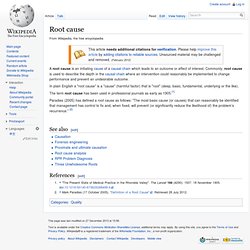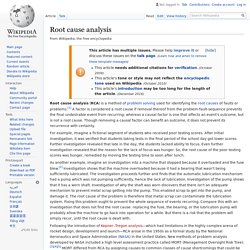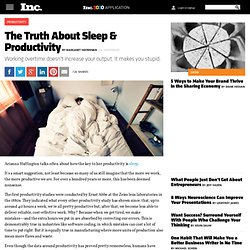

Www.davidco.com/sites/default/files/images/Workflow Coaching Assessment Flyer.pdf. Adopting Simplicity: How to Become Productive with Less. I’ve just spent the past two weeks in South Africa.

I love South Africa, its people, its diversity, its beauty. But one thing that I am reminded of every time I visit is how life in Africa can be much simpler. Time moves more slowly and life takes on a different rhythm; the majority of African people have learnt to live with less. This is my goal and my current journey; to live life with more simplicity, to unburden myself and to eliminate the excess in all areas of my life. In the first phase of my journey to become more productive. Here are the areas which I am currently working on: Excess information We are constantly bombarded with information of all sorts from all realms of life, Modern life has been coined the “information age”. Suggested Solutions Reduce the number of newsletter and websites you subscribe to, only subscribe to websites you can’t live without. Excess Stuff We all have too much stuff, too many clothes and shoes, CDs and DVDs.
Clean as you go Excess Work Conclusion. Root cause. A root cause is an initiating cause of a causal chain which leads to an outcome or effect of interest.

Commonly, root cause is used to describe the depth in the causal chain where an intervention could reasonably be implemented to change performance and prevent an undesirable outcome. In plain English a "root cause" is a "cause" (harmful factor) that is "root" (deep, basic, fundamental, underlying or the like). The term root cause has been used in professional journals as early as 1905.[1] Paradies (2005) has defined a root cause as follows: "The most basic cause (or causes) that can reasonably be identified that management has control to fix and, when fixed, will prevent (or significantly reduce the likelihood of) the problem’s recurrence. " [2] See also[edit] References[edit] Jump up ^ "The Present State of Medical Practice in the Rhondda Valley".
Root cause analysis. Root cause analysis (RCA) is a method of problem solving used for identifying the root causes of faults or problems.[1] A factor is considered a root cause if removal thereof from the problem-fault-sequence prevents the final undesirable event from recurring; whereas a causal factor is one that affects an event's outcome, but is not a root cause.

Though removing a causal factor can benefit an outcome, it does not prevent its recurrence with certainty. For example, imagine a fictional segment of students who received poor testing scores. After initial investigation, it was verified that students taking tests in the final period of the school day got lower scores. Further investigation revealed that late in the day, the students lacked ability to focus. Even further investigation revealed that the reason for the lack of focus was hunger. RCA is applied to methodically identify and correct the root causes of events, rather than to simply address the symptomatic result. See also[edit] The Truth About Sleep & Productivity. Arianna Huffington talks often about how the key to her productivity is sleep.

It's a smart suggestion, not least because so many of us still imagine that the more we work, the more productive we are. For over a hundred years or more, this has been deemed nonsense. The first productivity studies were conducted by Ernst Abbe at the Zeiss lens laboratories in the 1880s. They indicated what every other productivity study has shown since: that, up to around 40 hours a week, we're all pretty productive but, after that, we become less able to deliver reliable, cost-effective work. Why? Even though the data around productivity has proved pretty remorseless, humans have found the message hard to accept. Which is where sleep comes in. The reason sleep is so important is because fatigue isn't simple. After 24 hours of sleep deprivation, there is an overall reduction of six percent in glucose reaching the brain.